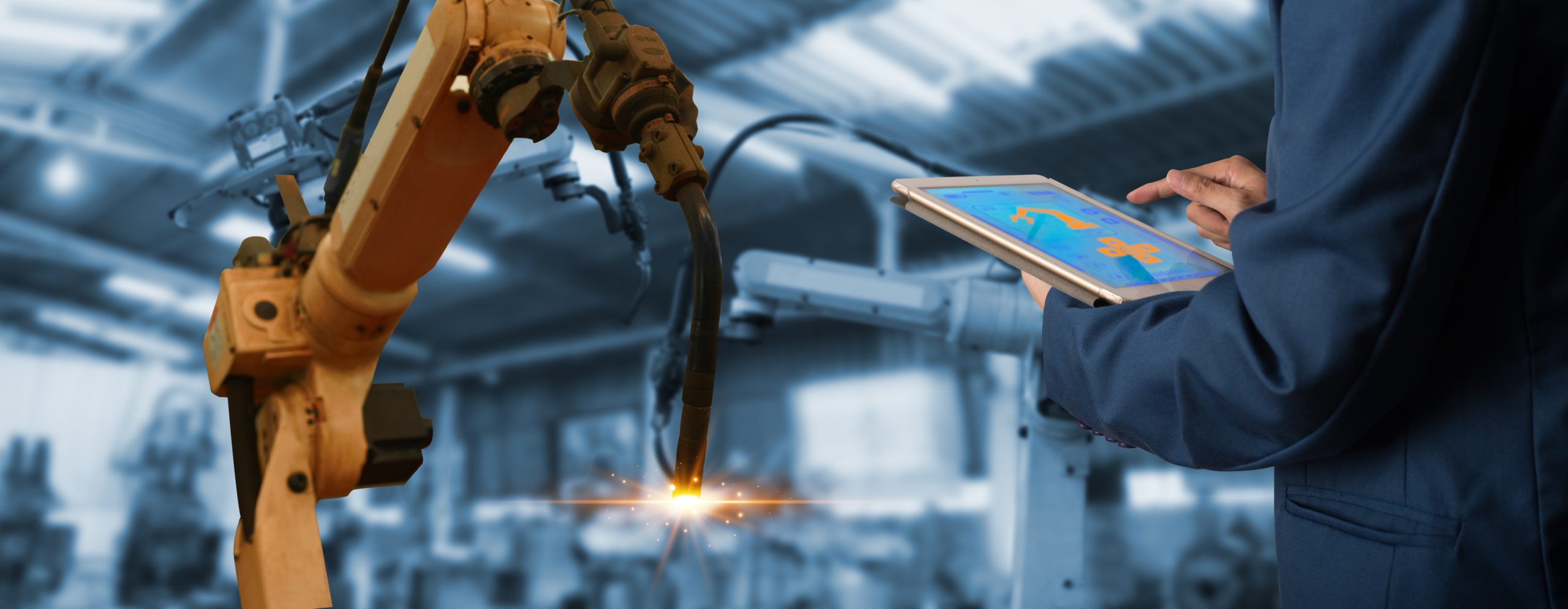
Alberto Iglesias Fraga, journalist and director of ‘Disruptores e Innovadores‘ supplement of El Español
Let’s go back to 2020, the year that will be remembered in the history books for the COVID-19 pandemic. Alongside the disruption this disease caused in our lives, another unprecedented phenomenon occurred, both in depth and gravity: a massive and prolonged disruption of global supply chains. It was undoubtedly a turning point for many regions of the globe, including Europe, which had made globalization and outsourcing their particular banners of economic progress. Overnight, having a strong industrial fabric became the best asset any country could possess.
Between 2000 and 2020, the European Union lost 20% of its market share in global industrial production. That same year, the EU’s trade deficit in manufactured goods exceeded €335 billion. Since then, the situation has only worsened: successive economic crises, uncertainty caused by conflicts in Ukraine and Palestine, new interruptions of world trade in the Red Sea… The scenario turns, if possible, the reindustrialization of the most consolidated economies into the greatest imperative of the moment.

The fear is not only linked to suffering shortages of essential goods (as happened in the pandemic). Nor is it solely a matter of injecting new momentum into Europe’s economic growth, which is stagnating in single-digit figures with significant doubts about its future sustainability. Nor is it even something that responds to a political dispute between opposing blocs, as during the Cold War. Quite the opposite: the need to have our own, efficient, and competitive industry is what generates these geopolitical conflicts and tensions, while also providing great hope for increasing GDP and employment.
The European Union is the focus of most analyses at the moment, not because it is a fetish object, but because it is the region that best exemplifies the damage caused by the massive relocation of its industrial capacities from the 1990s to the present day. Also for this reason, Brussels – which diagnosed the problem fairly quickly in 2020 – was expected to respond adequately. The NextGenerationEU Recovery Plan, endowed with €750 billion, is the most far-reaching initiative ever launched by the Old Continent to reconvert European economies and give them greater industrial weight. Accompanied by the European Industrial Strategy, this plan aims to promote strategic autonomy and facilitate productive development within the EU bloc.
However, the dialogue on reindustrialization could be seen as a mere transfer of manufacturing plants from one point to another. This approach would not only be a serious mistake, but also absurd considering the rapid pace of change in virtually all markets, whether consumer or business. And that is why the EU initiatives start from a basic premise, of overwhelming logic: reindustrialization must occur, yes, but it must be based on the principles of digital innovation and green transition.
In this process, artificial intelligence will play a fundamental role. AI has the potential to transform all economic sectors, from manufacturing to agriculture, transportation, and energy.
Currently, R&D investment in the EU is lower than in the United States and China, especially true in the field of artificial intelligence, where Europe has been essential in the research phases of this technology (remember that it was in the UK where this term was coined in 1956) but has lagged behind in its development and commercialization phase. However, analysts estimate that this technology, artificial intelligence, could increase the EU’s GDP by €16.3 trillion by 2030. It’s an opportunity we can’t miss.
Various studies by PwC, Accenture, IDC, Gartner, and several companies dedicated to these matters explain the potential impact of AI in its confluence with the reindustrialization of our productive fabric. On the one hand, artificial intelligence allows increasing a company’s total productivity, precisely one of the gaps in many countries (such as Spain) when it comes to being competitive internationally. On the other hand, it can foster an industry capable of offering more personalized products that better adapt to market trends or demand spikes. This scalability and flexibility are supported mainly by technologies such as digital twins or predictive tools, twin sisters of artificial intelligence.
We have great examples of this extraordinary confluence. Siemens already uses digital twins to simulate various production scenarios before putting them into production, as well as carrying out some pioneering tests in the joint work of intelligent machines and humans in its factories. BMW already uses artificial intelligence to optimize the production of its vehicles and avoid failures throughout the manufacturing process. And the European aviation giant, Airbus, uses this same technology to discover new materials to make its aircraft lighter, more efficient, sustainable, and safe.
However, the reindustrialization of Europe will not be an easy process. There are several challenges that need to be addressed, including more direct and agile investment in industrial companies that want to improve their processes through AI. Also, all analysts agree, special emphasis must be placed on training the current workforce to be able to harness the potential of the technology and deliver value in an era increasingly dominated by automation. It also remains to be seen what role – positive or negative – will be played by the European regulation on artificial intelligence, the AI Act, which is expected to be passed this spring. Obstacles, however, that are perfectly surmountable if we keep in our minds the basic premise underlying this issue: reindustrialization is an inevitable and necessary trend, but it will only occur if it is accompanied by cutting-edge technologies – such as artificial intelligence – that guarantee its long-term economic and environmental sustainability.
Stay up to date about everything
Subscribe to stay up to date with the latest content from Mobile World Capital Barcelona.